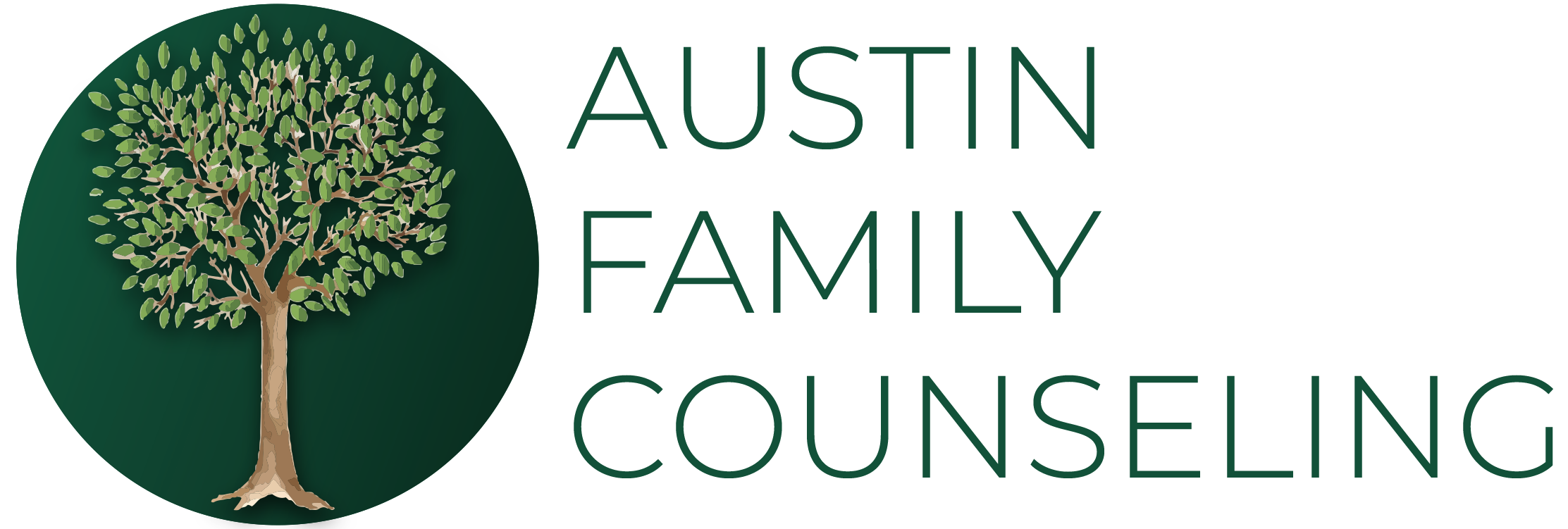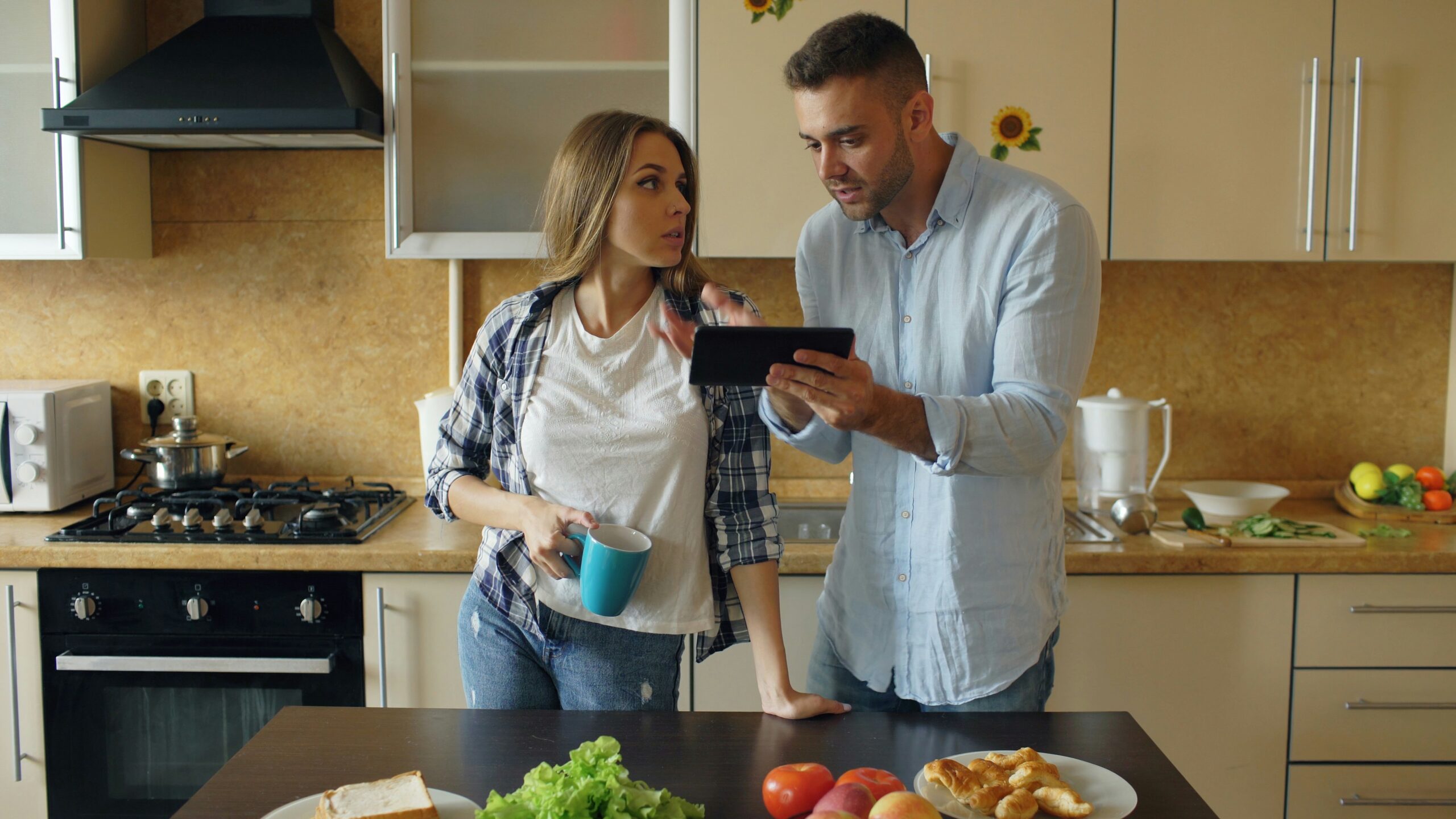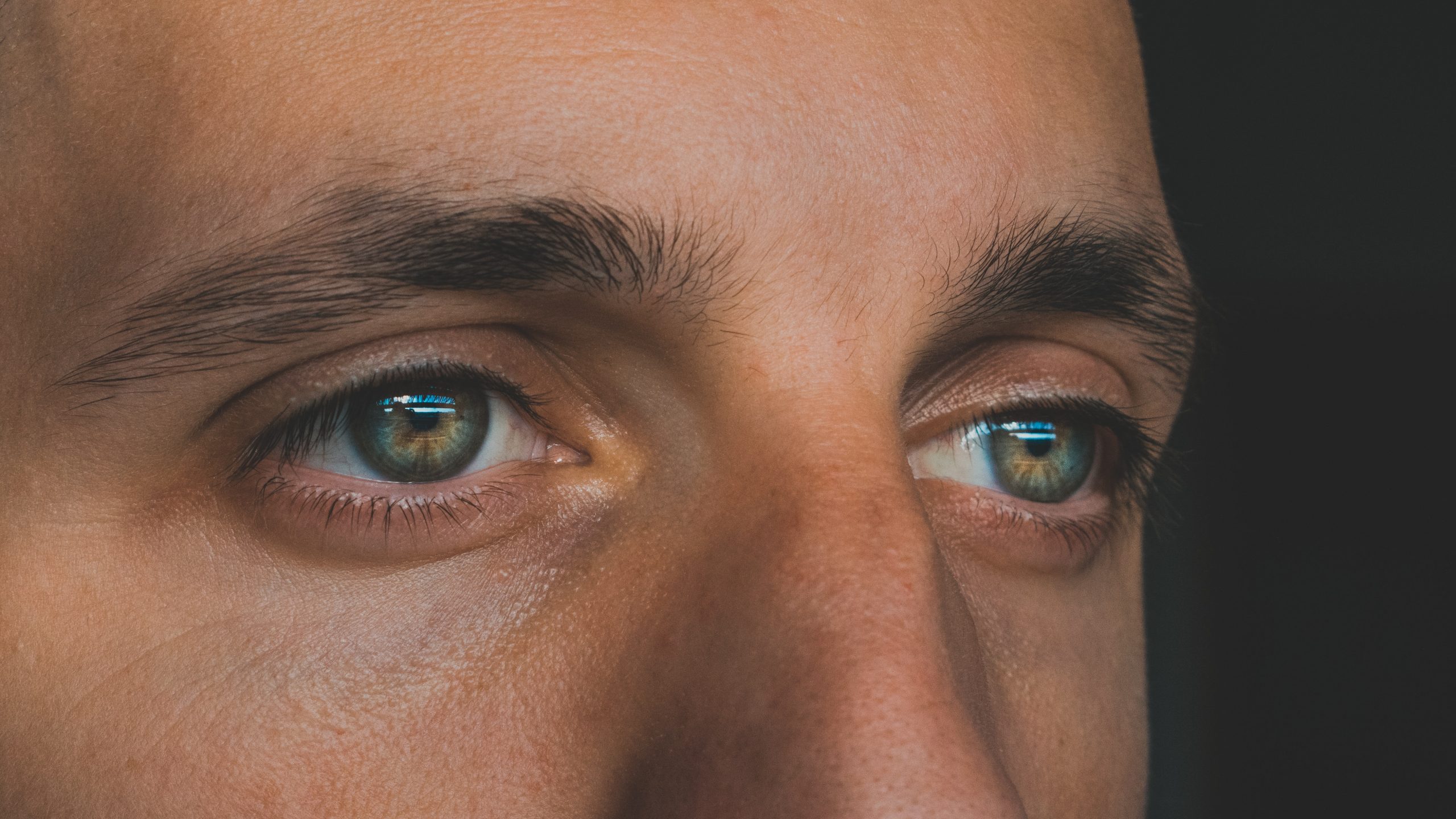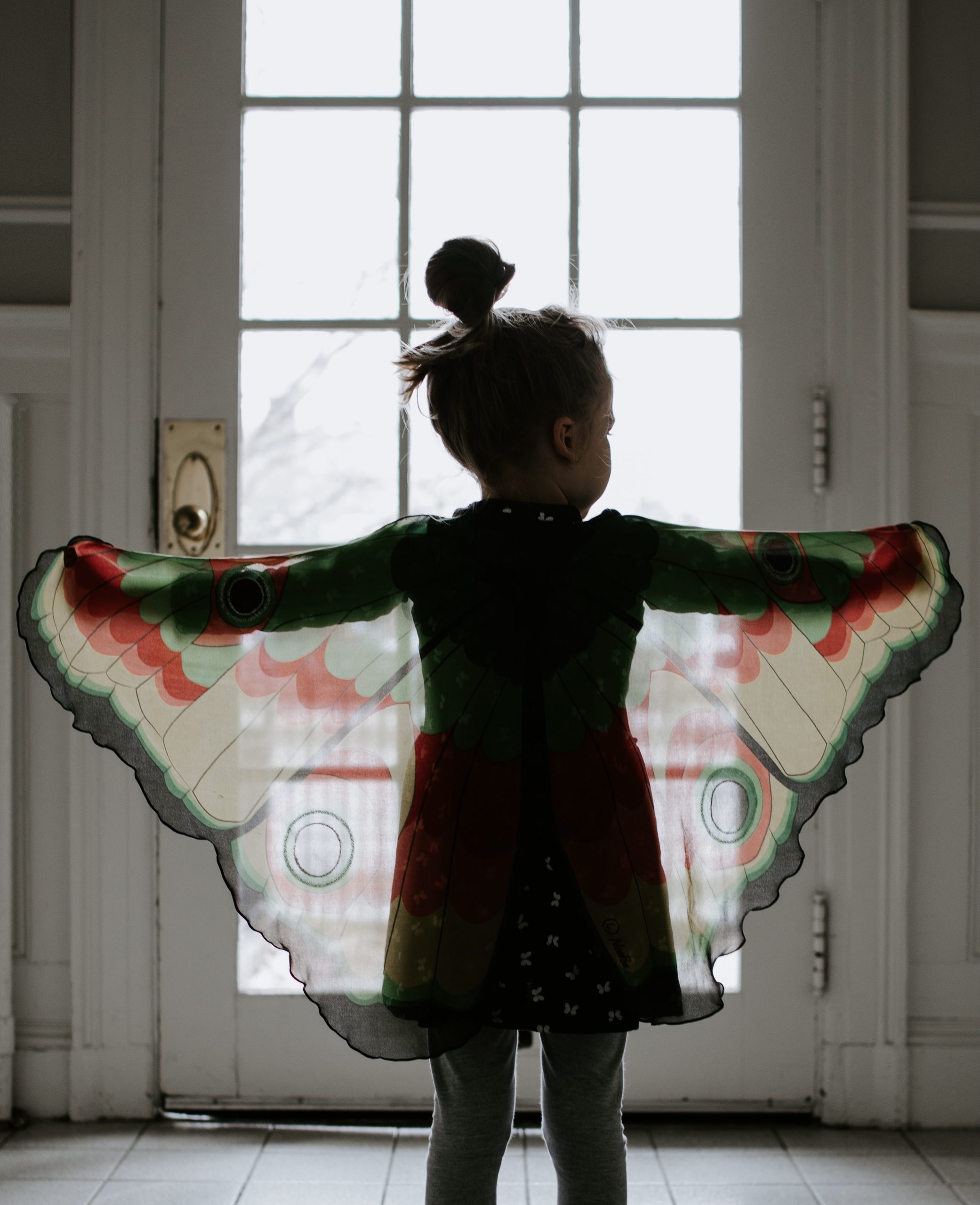“You just don’t care!”
“How can I ever trust you?”
“Why do I always have to be the one who manages everything?”
Does this sound familiar?
If you have ADHD, these might be words you’ve heard from your partner more than once. And if your partner has ADHD, maybe you’ve found yourself saying them again and again.
As a couples therapist, I hear this pattern often. When ADHD shows up in a relationship, both partners can feel stuck. One may feel unseen and unsupported, while the other feels misunderstood or frustrated. Many couples come in feeling disconnected or even hopeless. As we slow down and get curious about what’s really happening between the couple, we sometimes find that ADHD is part of the picture.
That discovery often brings a sense of relief. Suddenly, things start to make more sense—the forgetfulness, the impulsive reactions, the difficulty keeping up with plans and commitments. I like to think of ADHD not as a disorder, but as a difference in how someone’s brain processes and experiences the world. Seeing it through a compassionate lens opens space for empathy and connection instead of blame.
One of the challenges for people with ADHD is that they often don’t realize how their symptoms affect those around them. They may genuinely care, but the way they focus, remember, or follow through can make daily life and emotional connection harder. This mismatch often leaves one partner feeling like the responsible one and the other feeling criticized or alone. Both end up feeling disconnected in different ways.
A lot of people mistakenly think ADHD is just about being lazy, careless, or not caring. The truth is, ADHD affects attention, memory, and executive functioning, which can make everyday tasks, planning, and communication more challenging. It’s also not just a childhood condition—many adults live with ADHD and work hard to manage it.
Interestingly, ADHD can be both overdiagnosed in some children and underdiagnosed in adults. Some studies suggest that normal developmental behaviors in kids, like high energy or distractibility, are sometimes mistaken for ADHD. Meanwhile, many adults—especially women and people of color—grow up without ever being diagnosed because their symptoms are subtler or masked by coping strategies. Recent research highlights that a significant number of adults suspect they have ADHD but remain undiagnosed (e.g., 2024 National Survey on Adult ADHD; 2025 studies on adult women and working-age populations), which can contribute to challenges in relationships and daily life. Understanding this helps partners move away from stereotypes and approach each other with more compassion.
Learning about these realities can help both partners approach each other with more understanding and compassion, and reduce the blame that often builds up in relationships.
Approaching ADHD with curiosity rather than judgment can change everything. It allows couples to slow down, notice what’s happening, and begin to really see each other.
In my sessions, I often use Imago Dialogue, a structured way for partners to listen and speak to each other that fosters safety, empathy, and deeper understanding (Hendrix & LaKelly Hunt, 2019). It’s not about finding who is right or wrong. It’s about understanding the feelings and needs underneath what’s happening. Over time, couples start to experience each other differently—moving from reactivity to empathy, from frustration to connection.
When couples learn to see ADHD not as a flaw but as a different rhythm of relating, healing becomes possible. It’s not about fixing anyone. It’s about learning how to meet each other with compassion and building a relationship that works with your differences, not against them.
If this sounds familiar, know that you’re not alone. Support and understanding can help you and your partner find your way back to each other.
For more information on Imago Relationship Therapy, visit the official Imago Relationships website, or explore the principles in Getting the Love You Want (Hendrix & LaKelly Hunt, 2019).
References:
Hendrix, H., & LaKelly Hunt, H. (2019). Getting The Love You Want: A guide for couples (3rd ed.). Three Rivers Press.
Holden, E. (2025). Adverse experiences of women with undiagnosed ADHD. Scientific Reports, 15(1), 12345. https://doi.org/10.1038/s41598-025-04782-y
London, A. S., Monnat, S. M., & Gutin, I. (2025). Self-reported ADHD diagnosis status among working-age adults in the United States. Journal of Attention Disorders, 29(2), 123-130. https://doi.org/10.1177/10870547221112345
The Ohio State University Wexner Medical Center. (2024, October 14). Survey finds 25% of adults suspect they have undiagnosed ADHD. Retrieved from https://wexnermedical.osu.edu/mediaroom/pressreleaselisting/survey-finds-25-percent-of-adults-suspect-they-have-undiagnosed-adhd












